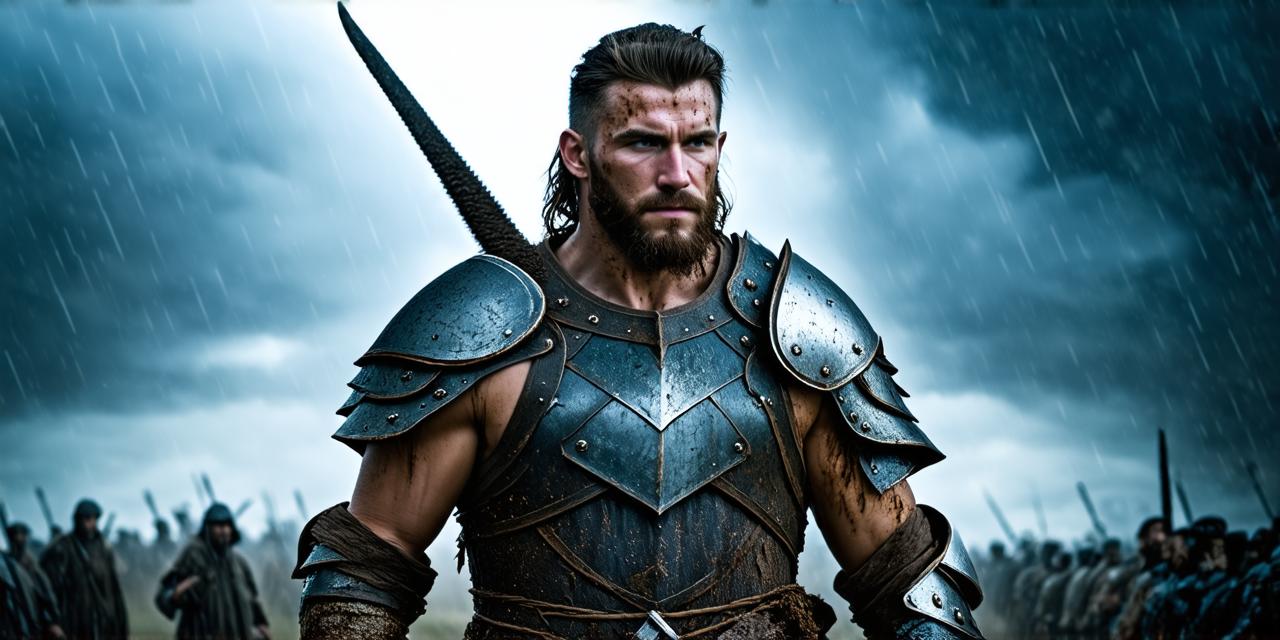Non-fungible tokens (NFTs) have become increasingly popular in recent years as a way for game developers to monetize their assets and engage with players. NFTs are unique digital assets that can be bought, sold, and traded on blockchain networks, often used in gaming to create rare and valuable items that players can collect and trade with each other.
However, as with any new technology, there are certain rules governing the use of NFTs that game developers should be aware of. In this article, we will explore some of these key rules and how they impact the development of games with NFTs.
Firstly, it’s important to understand what an NFT is. An NFT is a unique digital asset that can be bought, sold, and traded on blockchain networks. They are often used in gaming as a way to create rare and valuable items that players can collect and trade with each other. Each NFT should have its own distinct characteristics that make it valuable and desirable.

This means that no two NFTs should be identical, which is one of the main rules governing NFTs.
Another rule to keep in mind is that NFTs must be stored on a blockchain. The blockchain provides a secure and transparent way to track ownership of NFTs. Without a blockchain, it would be difficult to prove ownership or authenticity of an NFT. This is because the blockchain acts as a digital ledger that records all transactions related to NFTs, providing transparency and immutability for all parties involved.
It’s also important to consider the legal implications of using NFTs in your game. In many countries, NFTs are considered digital assets that can be bought and sold like traditional assets such as stocks and real estate. This means that you may need to comply with certain regulations and laws when developing games with NFTs. For example, you may need to obtain licenses or permits to sell NFTs in certain jurisdictions, depending on the type of game and the assets being traded.
One case study that illustrates the importance of rules governing NFTs is the infamous “Cryptokitties” scandal. In 2017, a game called Cryptokitties was launched on the Ethereum blockchain. The game allowed players to buy and breed digital cats, which were represented as NFTs. However, the popularity of the game quickly overwhelmed the Ethereum network, causing it to slow down significantly and become unresponsive for many users. This incident highlighted the importance of designing NFT games that are scalable and can handle large amounts of traffic without crashing.
In addition to these rules, it’s also important to consider ethical implications when using NFTs in gaming. For example, some critics have argued that NFTs can perpetuate inequality by creating a system where only those who can afford to buy and sell rare and valuable items can benefit from the game. This raises important questions about fairness and accessibility in gaming, and it’s up to game developers to address these concerns.
To ensure that your game is scalable and can handle large amounts of traffic without crashing, you should consider using a decentralized cloud infrastructure. Decentralized cloud infrastructure allows for the distribution of computing resources across multiple nodes, providing better performance and scalability than centralized cloud infrastructure. This means that players can access and participate in your game regardless of their location or internet speed.
In conclusion, while there are no specific rules governing NFTs per se, there are certain principles that you should keep in mind when developing games with NFTs. These include the importance of uniqueness, blockchain storage, legal compliance, scalability, and ethical considerations. By following these guidelines, game developers can create engaging and fair games that leverage the power of NFTs while avoiding potential pitfalls and controversies. As the use of NFTs in gaming continues to grow, it’s important for developers to stay informed about these rules and principles to ensure a smooth and ethical development process.
